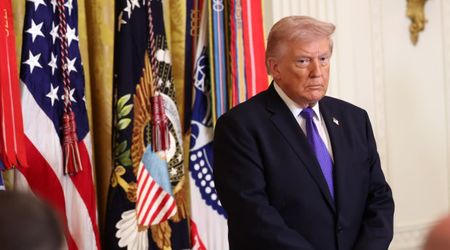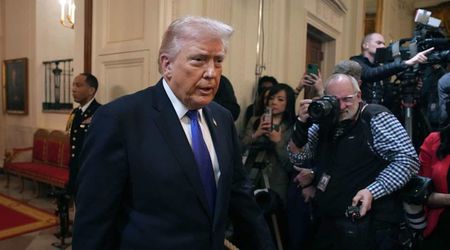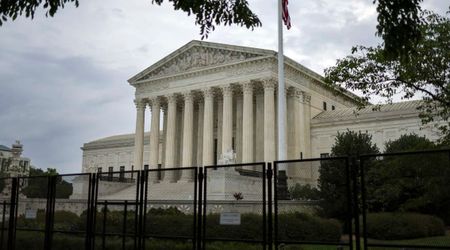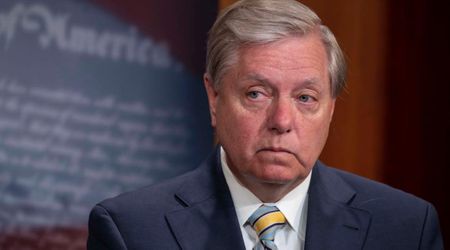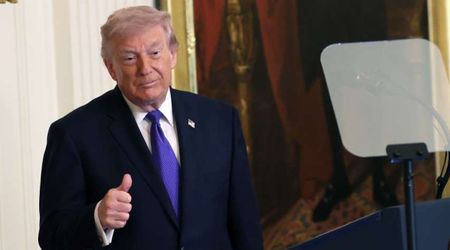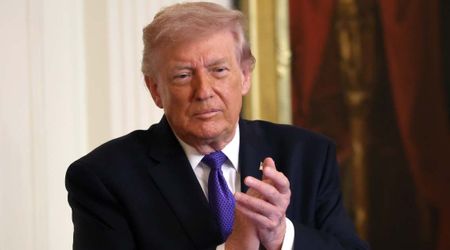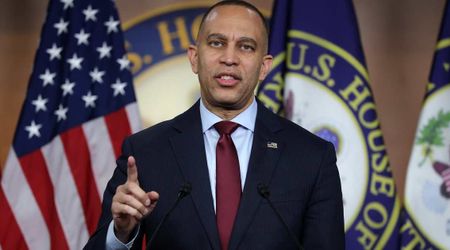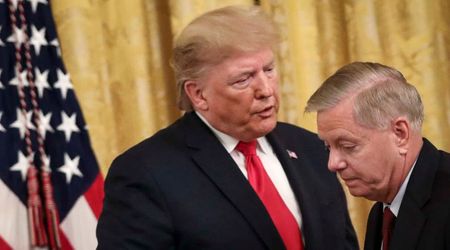‘Great job’: Internet lauds Florida Gov Ron DeSantis for enforcing strict social media ban for children under 14
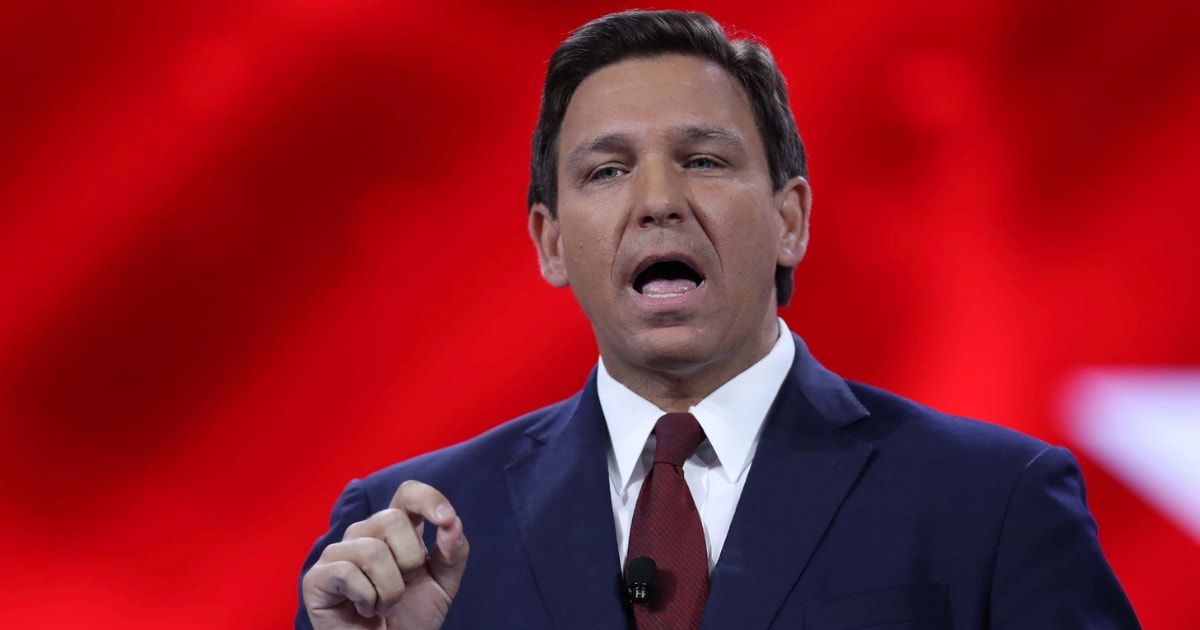
TALLAHASSEE, FLORIDA: In a bold move aimed at protecting children from potential online harm, Florida Governor Ron DeSantis signed into law a bill on Monday, March 25, that imposes stringent regulations on social media use for minors.
The legislation, dubbed HB 3, prohibits children under the age of 14 from having their own social media accounts, marking a significant departure from existing norms.
Age-based restrictions
Under the new law, individuals aged 14 and 15 may access platforms such as TikTok and Instagram only with parental permission, while those aged 16 and above are free to use social media unrestricted.
Governor DeSantis hailed the measure as a crucial step towards empowering parents to safeguard their children from the perils of social platforms.
"Social media harms children in a variety of ways," DeSantis said after signing the bill. "HB 3 gives parents a greater ability to protect their children."
The legislation underscores the responsibility of social media companies to enforce the ban, with penalties ranging from $10,000 to $50,000 for non-compliance, NBC News reported.
Critics, however, argue that the law could inadvertently infringe on privacy rights and necessitate widespread age verification measures, even for adults. Privacy campaigners warn that the legislation could effectively mandate identification requirements for internet access, raising concerns about online freedom and autonomy.
The Florida crackdown on social media use among minors coincides with broader national efforts to address cybersecurity threats and data privacy concerns. In tandem with the state-level initiative, Congress is spearheading a bipartisan push to compel the divestment of TikTok from its Chinese parent company over fears of potential data compromise.
Lawmakers contend that severing ties with the Chinese Communist Party-owned entity is imperative to safeguarding American interests and preserving national security. The proposed legislation, if enacted, would effectively remove TikTok from US app stores, pending Senate approval.
While Florida's move represents a pioneering effort to regulate social media access for minors, it is not without precedent. Other states have explored similar measures, albeit facing legal challenges. A federal judge in Arkansas recently blocked legislation mandating parental consent for minors to create social media accounts.
Governor DeSantis, a staunch advocate for parental rights and child protection, has championed a series of initiatives aimed at empowering families in educational and digital realms alike. His administration's Parental Rights in Education Bill, which grants parents greater control over curriculum content, has stirred controversy, drawing accusations of censorship and discrimination.
Despite concerns raised by critics, supporters of the Florida law assert that it represents a critical step towards safeguarding children from online predators and harmful content. Speaker Paul Renner lauded the legislation as a milestone in the ongoing battle to combat cyber threats and promote online safety.
"The internet has become a dark alley for our children where predators target them and dangerous social media leads to higher rates of depression, self-harm, and even suicide," Renner remarked.
"Thanks to Governor DeSantis' signature, Florida leads the way in protecting children online as states across the country fight to address these dangers."
Internet reacts to DeSantis signing social media bill
Social media was inundated with reactions after DeSantis signed the bill.
"About time!" one posted on X.
"This needs to be a thing in every state," another insisted.
"Nice. Less of them eating TidePods," someone else chimed in.
"Great job!" another added.
This article contains remarks made on the Internet by individual people and organizations. MEAWW cannot confirm them independently and does not support claims or opinions being made online.

